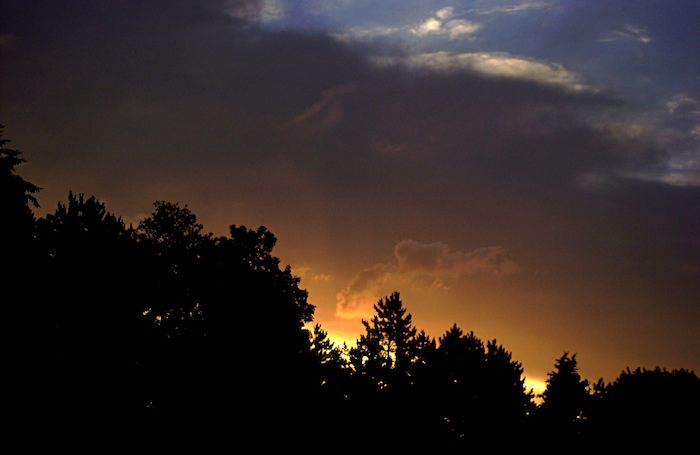Guest Post: “Tomorrow, and Tomorrow, and Tomorrow”
“Tomorrow, and Tomorrow, and Tomorrow”
by Humanistic Rabbi Adam Chalom
This post was originally delivered as part of a Yom Kippur Memorial sermon at Kol Hadash Humanistic Congregation in 2008.
The human brain is marvelous. It can experience the world around us, processing a million sensations a minute into coherent reality. It can analyze, synthesize, and remember; the more we learn, the more we are amazed. Ancient peoples could remember the entire Iliad. Today we have computers and smartphones and GPS devices that remember for us, and sometimes think for us too. But once in a while, we use that ancient memory, and things we memorize just stick. Many of us memorized a poem when we were younger, and I’ll bet for most that poem is still in there. Here is mine from the tenth grade:
To-morrow, and to-morrow, and to-morrow,
Creeps in this petty pace from day to day
To the last syllable of recorded time,
And all our yesterdays have lighted fools
The way to dusty death. Out, out, brief candle!
Life’s but a walking shadow, a poor player
That struts and frets his hour upon the stage
And then is heard no more: it is a tale
Told by an idiot, full of sound and fury,
Signifying nothing. (Macbeth, act V, scene 5)
Shakespeare’s Macbeth faces imminent death, and he despairs. He claims that no human knowledge makes a difference; that no human experience affects any other. We strut and fret our hour on the stage and then are heard no more. There is no director, there is no meaning, there is no lasting value to human life.
I remember choosing that reading in high school because I agreed that there is no director, but as I’ve grown I’ve realized that just about everything else in this passage is not reality. All our yesterdays and the yesterdays of our parents and grandparents, they have improved life, our hour upon the stage. Even after that hour on the stage, we are heard more – our words and our actions echo in the memories of those who have seen us, those who have been touched by us. There may be no author, but the sound and fury, the events and deeds and words of our days, are as significant as we make them. Think of the life of someone you love, someone you want to remember. Now consider the passage again, you’ll see how wrong Macbeth was.
. . .all our yesterdays have lighted fools
The way to dusty death. Out, out, brief candle!
Life’s but a walking shadow, a poor player
That struts and frets his hour upon the stage
And then is heard no more: it is a tale
Told by an idiot, full of sound and fury,
Signifying nothing.
Is that how we remember our loved ones? Not at all. A grieving mind might come to a momentary conclusion like this, but our emotional memory, our feeling heart tells us the real truth.
The human heart is a marvelous thing – our emotional life, our capacity for love and forgiveness and fear and hope. The human brain is marvelous. The human heart is marvelous. The connection between heart and mind through loving memory brings us together. Death is a part of life; death is real, but accepting reality doesn’t always make it easier. Reality is sometimes something to celebrate, but when we lose someone we love, reality is something to be endured, and then transcended through the power of our love.
The reality of grief is that it is a challenge we all face, we all assimilate in our own individual ways. There are moments we despair, when we feel that we are “but a walking shadow,” and there are moments the sun shines through and we see the light of day. As time goes on, as perspective deepens, the dark days are fewer, and the bright days shine brighter. At the anniversary of a death, or even in a public memorial service at the end of Yom Kippur, our memories become less and less the return of grief, and more and more the warm consolation of loving memory.
Human memory, like everything human, is not perfect – it is affected by the passage of time, by our emotions, by our state of mind, by our evaluation and re-evaluation of the past. Words can be memorized. A face, a person, a loving connection is remembered like a work of art, different every time. Each year finds us a different person, with new ways to remember the people we still love. Thus it has been through all of human experience, and thus shall it be tomorrow, and tomorrow, and tomorrow, to the last syllable of recorded time. Lives and memories are brief but brilliant candles, tales told by you and I, full of insight and caring, signifying everything.
One response to “Guest Post: “Tomorrow, and Tomorrow, and Tomorrow””
Leave a Reply
You must be logged in to post a comment.


[…] sermon here is one that, appropriately modified, I would be willing to deliver (were I called upon to do so) […]